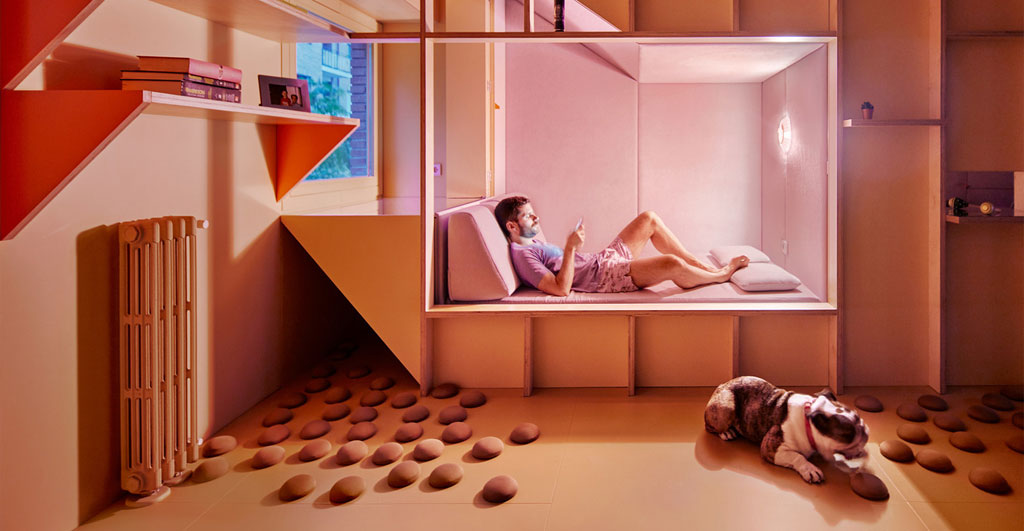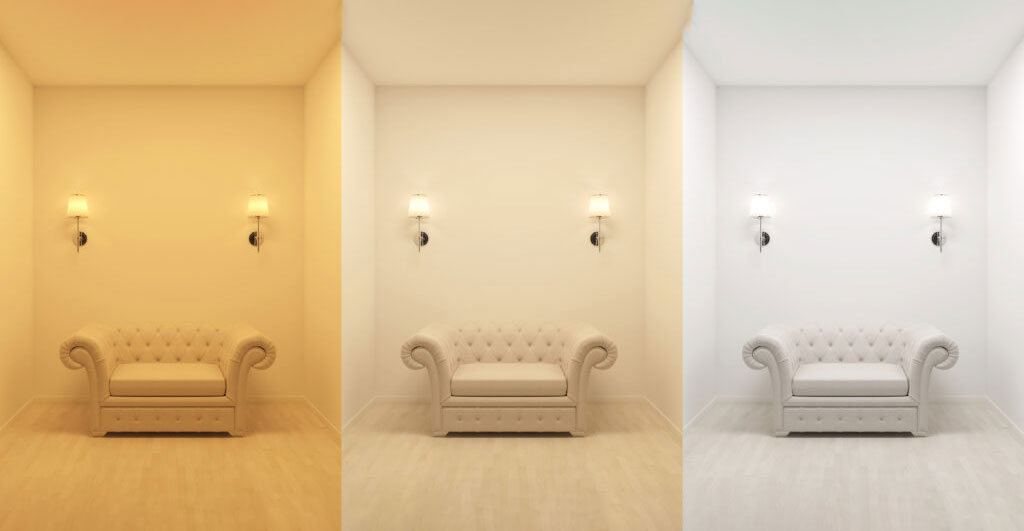How Lighting Plays A Major Role in Affecting Your Mood?
Light has a much bigger role to play than just helping us see the world around us. We are surrounded by light most of the time. It can be artificial light (produced by lamps, bulbs, etc.) or natural light (produced by the Sun). Whatever the source of light might be, it impacts your body, mind, and mood, whether you are sleeping or awake. You should also be aware that all artificial and natural light must always be regulated and adapted to fit specific environments. This helps our minds and bodies adjust and benefit better from the light. Moreover, it has been proven that light can also determine whether it affects us negatively or positively. This blog explains the relationship between lighting and mood and how types of light impact our psychological and physiological systems. Relationship Between Lighting & Mood Light and mood are two completely different concepts, yet they come together to create a strong relationship. The human body reacts to light, whether from the Sun or your dimly lit smartphone. We cannot deny the importance of light and its need for our daily activities and survival. Similarly, light or light waves affect and impact your mood either positively or negatively depending on the intensity of the light, the color, and the source. If you want to understand our body’s relationship with light, you should understand the circadian system. The circadian system uses lighting cues to regulate the other systems in your body. Moreover, it also influences the processes like the chemicals released into your brain. Earlier, our bodies were used to the natural light from the Sun, and it helped regulate our biological clocks. However, today, we are exposed to a plethora of artificial light from smartphones, computers, street lights, LEDs in our homes, etc. And these artificial light impacts our circadian rhythms both positively and negatively. Our circadian rhythm system needs dark periods that allow us to function correctly. However, any other light exposure during these hours disrupts our bodily functions. Therefore, scientists recommend sleeping in complete darkness because it allows our circadian system to function properly. But when our sleep and rhythm cycles are disturbed, our health suffers. In other words, artificial light of any kind is unnatural for our bodies. And not just our bodies; our minds and moods change according to the light. Here, we have explained some of the types of light and how they affect us. Bright Light Whether from the Sun or lamp, bright light can make you feel awake. It also makes trying to sleep nearly impossible. However, we also need illuminated spaces to perform our daily tasks. According to a study, the brightness of the light also makes us perceive heat and warmth and intensifies our emotions. Increasingly bright light often triggers our emotional system and can also make us feel strongly about our feelings and opinions. When you increase or decrease the intensity of the light in a room, your mood can be regulated more moderately. Colored Light On the other hand, colored lights are usually emitted from artificial lighting sources, and it tends to be exceptionally helpful to our mood and in certain contexts. For example, schools, auditoriums, theatres, places of worship, and entertainment venues utilize colored lighting for performances. Moreover, it also enhances space’s aesthetic by modifying the way we perceive the environment. So naturally, colored lights impact our mood because of how we choose to interpret these hues. Some of the most commonly shared color perceptions include: Red – is used to represent love or anger, passion, action, and intensity. Blue – used as a calming color, also represents sadness. Green – is used to represent wealth and nature. Yellow – is used to represent fun and cheerfulness. Orange – is used to make people feel excited or disturbed. Purple – is used as a color of pride or royalty. Black – is most often used as a negative color and represents fear or death. But it also represents power. White – is most used as a positive color and represents purity and innocence. But it also represents neutrality or nothingness. Natural Light Natural light or sunlight provides many benefits. It is mainly known for boosting your vitamin D levels, healing skin conditions, strengthening your bones, preventing cancer, and treating several other health conditions. Moreover, sunlight plays a significant role in impacting our mental health. Natural light also triggers our serotonin to release, making us happier, satisfied, and optimistic. Light is a very versatile resource when applied correctly. It can change your mood and benefit your mental and physical health while illuminating our homes and workplaces. However, it can also be a source of disruption if used incorrectly. Ultimately, the presence of a good amount of light dramatically impacts our psychological and physiological health and systems, both positively and negatively. So, understanding the relationship between lighting and your mood is essential if you want to enhance your health, mood, and productivity. If you want to get your lamps and lights repaired or get new lights for your home and office, Safety Lamps Repair is the place to look for. Buy from us today!
How Lighting Plays A Major Role in Affecting Your Mood? Read More »




